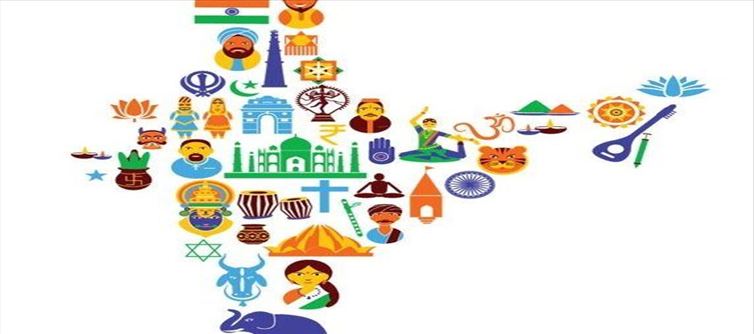
Our country india is incredibly diverse, with many languages and cultures. Despite these differences, there is a shared bond through ancient traditions and values. To strengthen this bond, people from various regions and backgrounds need to engage more with each other and become aware of the traditions and culture practised throughout the country. This will promote understanding, unity, and a broader set of values across different states in India. The IKS is one of many initiatives launched by the indian government to promote such relationships. The aim is to foster a cultural resurgence that recognises the importance of tradition and culture. The Ek Bharat Shresth Bharat Programme in 2015, the Aadi Mahotsav in 2017 and the Guru Shishya Parampara Scheme in 2016 are examples of government initiatives to preserve and promote cultures and traditions.
Moreover, the institutions of the Ministry of culture such as academies Sangeet Natak Akademi (SNA), Centre for Cultural Resources and Training (CCRT), Kalakshetra Foundation (KF), indira gandhi National Centre for the Arts (IGNCA), National school of Drama (NSD), Sahitya Akademi (SA), and Lalit Kala Akademi (LKA) are engaged in the work of preserving and promoting the traditional cultural heritage of India.
Furthermore, under the 2003 Convention, india successfully inscribed 13 Intangible Cultural heritage (ICH) items on the UNESCO Representative list of Intangible Cultural heritage of Humanity. State governments throughout the country have also launched initiatives to preserve their cultures and traditions in the respective states. By showcasing the elements of its culture and tradition internationally, india contributes to the global tapestry of cultural richness, fostering an appreciation for diversity. It also helps build bridges of understanding between nations and peoples. It allows for a deeper appreciation of the similarities and differences between cultures, promoting mutual respect and harmony in the global community.




 click and follow Indiaherald WhatsApp channel
click and follow Indiaherald WhatsApp channel